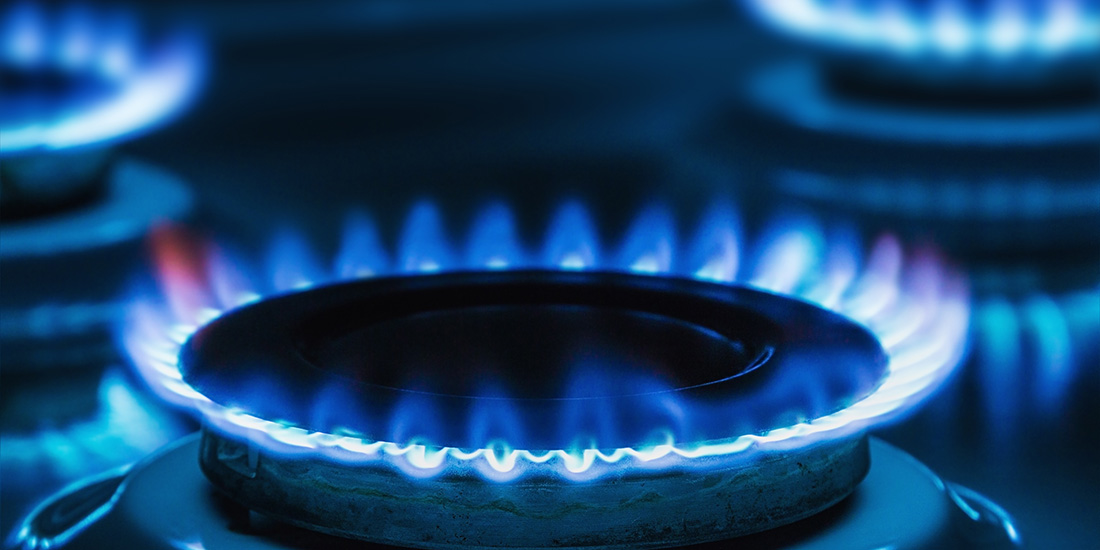Important gas safety tips for winter

If you’re new to natural gas, there are some important safety tips to keep in mind this winter, especially when a cold front hits.
Here’s some helpful information on gas appliances, what to expect and how to make sure they’re operating safely and efficiently.
Do:
- Make sure your gas appliances have proper ventilation, don’t interfere or use them improperly.
- Have your gas lines and vents inspected to ensure they aren’t damaged or obstructed, especially if you’ve had a new roof or solar panels installed.
- Change your air filters.
- Ensure the chimney flue is cleaned out and free of debris before lighting any fires.
- Change the batteries and test your smoke alarms and carbon monoxide detectors.
Don’t:
- Use an oven to heat your home in the event of a power outage.
- Burn propane, natural gas, charcoal or wood indoors or in the garage.
- The exception would be if you have a wood-burning or gas fireplace. - Set up a portable generator in the garage or near a window or door.
What‘s that smell?
The first time you turn on your furnace, you should fully expect to have a slight burning smell coming out of the vents. Don’t be alarmed. Dust builds up in the heating system when it’s not used for several months. When the heater first comes on, those particles are consumed by the hot air, creating a burning smell.
Natural gas is odorless and colorless when it’s in its natural state. CoServ Gas and other utilities add mercaptan before it’s distributed to Customers, which gives it that rotten egg smell.
What to do in a natural gas emergency
- If you smell rotten eggs, get a safe distance away.
- CALL 9-1-1
- Call CoServ’s Gas emergency line: 844-330-0763

